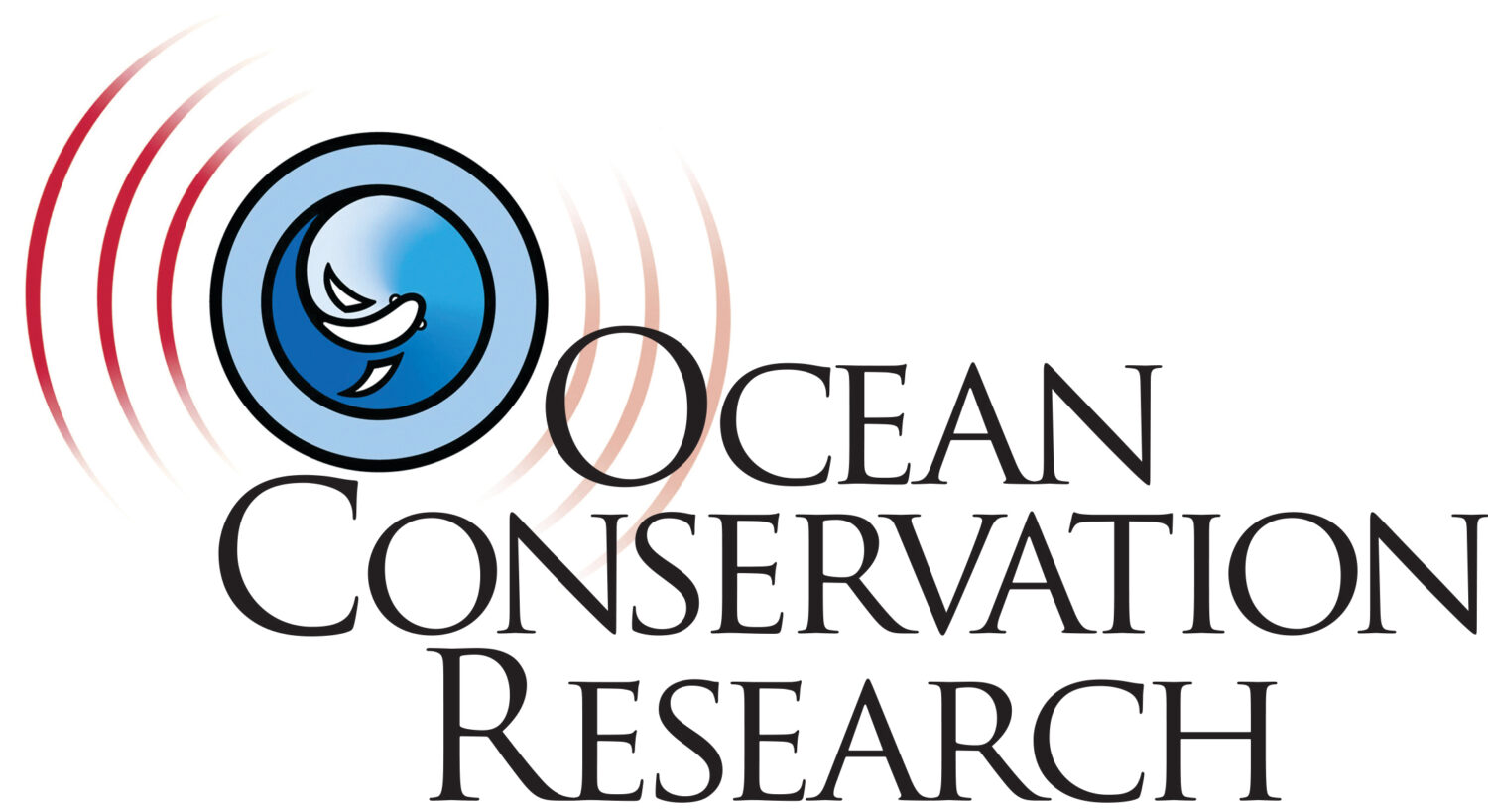Today the National Ocean Council released their Draft Implementation Plan for a National Ocean Policy. This is fabulous news because the US has never had a comprehensive ocean management plan, we have just been tangled in a web of agencies each “managing” their own areas of concern – regional fisheries councils, Department of Transportation, Minerals Management, US Navy, the Coast Guard, State and Tribal agencies, the Energy Department, Marine Mammal Commission, etc., etc., etc….
The urgent call for a comprehensive ocean management plan went out almost a decade ago in 2002 with the Pew Ocean Commission report. A bit over a year later the call was again made by the US Commission on Ocean Policy. The importance of the reports lead Congress to craft complimentary ocean policy acts with Senator Barbara Boxer’s “National Ocean Protection Act” (NOPA 2005) and Rep. Sam Farr’s “Oceans 21” (2006).
The Bush administration wasn’t really big on conservation bills so while Oceans 21 was passed in the House, NOPA didn’t get out of committee. Thus it was with considerable delight for me when the newly elected Obama Administration ushered in an Interagency Task Force to come up with a comprehensive National Ocean Policy. The document released today was a product of the taskforce’s work – including hearing thousands of public comments, and reading thousands of written recommendations.
I have not yet had a chance to dig in and read the draft, but the stated objective of reconciling all national ocean interests to “be considered collectively and managed comprehensively and collaboratively” sounds like a breath of fresh air. It will be easier to assure environmental compliance, and much easier for ocean industries and other stakeholders to tailor their activities under a single comprehensive policy rather than having to appeal an array of uncoordinated regulatory agencies for approvals on their various enterprises.
What is not to like about reconciling and streamlining ocean policy? Unfortunately you will need to brace yourself for the clamor, hue, and cry of the Oilmen and their minions who will bellow about a “job-killing government power grab.” They prefer the tattered regulatory fabric that has made possible the offshore dead zones, regional fisheries crashes, the disappearing wetlands, and yes, the Deepwater Horizon oil spill.
It’s easier for big industry to game a system that is a confused mess of conflicting fiefdoms. A coordinated interagency ocean policy is more efficient, more sensible, and will be easier to drive toward a sustainable set of complimentary policies – something apparently the Oilmen don’t want.
We’ll review the document and let you know how we can all support the implementation of this long-awaited sea change in US National ocean management.

